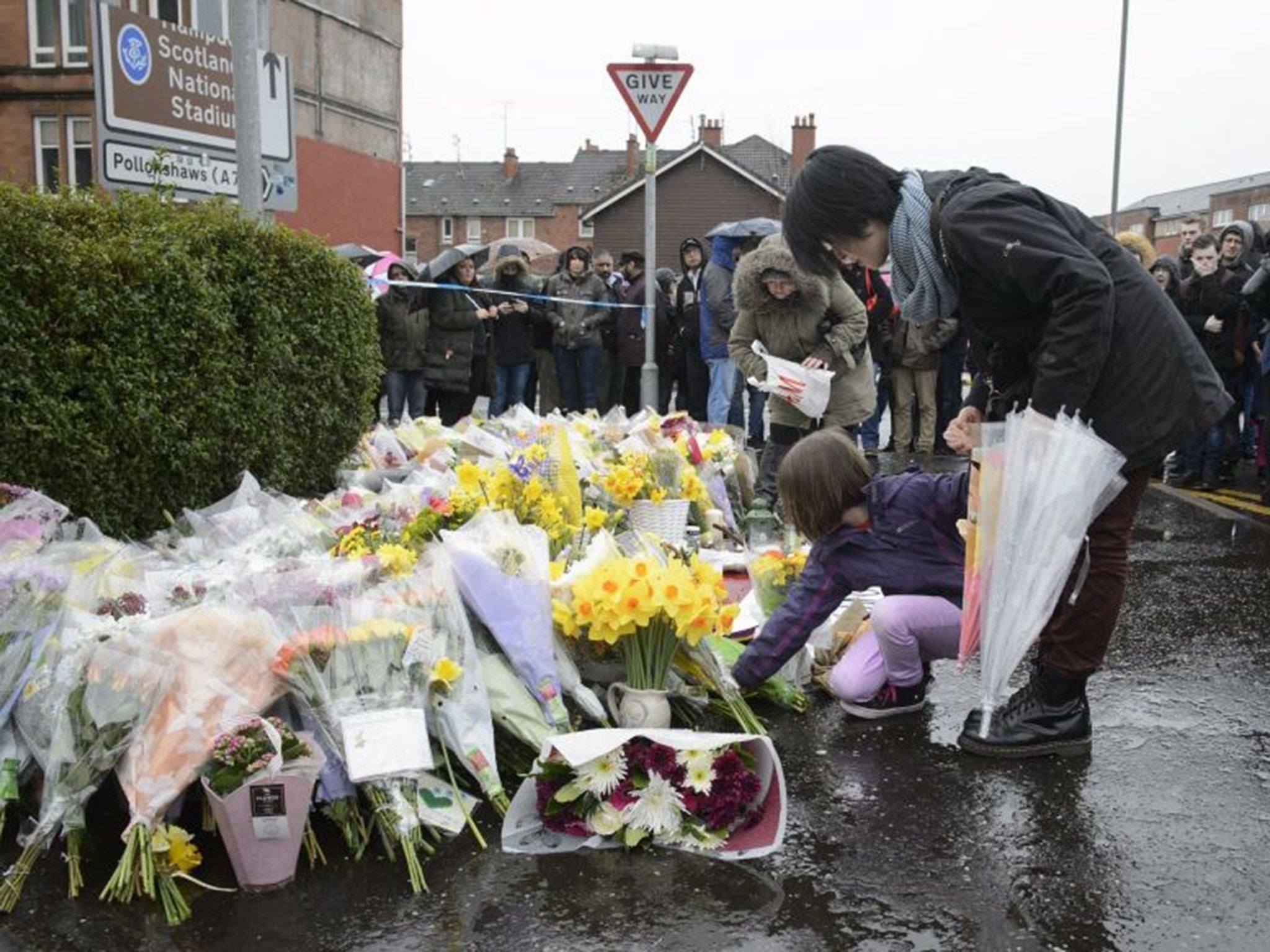After Asad Shah's 'religiously prejudiced' death, we know inter-Muslim hatred is a problem in Britain
Muslims aren't alone in facing problems with sectarianism, but people who demand respect for their beliefs but can’t afford tolerance to others deserve neither


By all accounts, the death of shopkeeper Asad Shah on Thursday night in Glasgow was alleged to be related to his background. It shocked the local community and a tribute event on Friday was attended by hundreds of people, including Scottish First Minister Nicola Sturgeon. But, astonishingly, it is now suspected that Shah was killed by another Muslim man because he was an Ahmadi Muslim. It is the first high-profile anti-Ahmadi incident on British soil, and it has already sent ripples of shock throughout the small community.
Ahmadis are an Islamic sect, founded in modern day Pakistan in 1889. There’s no definitive number of Ahmadi Muslims: estimates range between two million to “tens of millions”, and though they are spread across the world, they are predominately based in Pakistan. Ahmadis are also considered heretics by many Sunni Muslims, and are viciously persecuted in their homeland. Pakistan treats Ahmadis no better than Apartheid South Africa treated black people; that is, with complete contempt.
It’s shocking, but not entirely surprising, that the persecution Ahmadis face in Pakistan has travelled over here. Several British Ahmadis I spoke to say they have known of someone who had been threatened or attacked for being an Ahmadi here in Britain. One anti-Ahmadi group with offices in London organises conferences that spread hate-speech against them; a popular Facebook group sent out a message of “congratulations” on news of Shah’s death.
The persecution of British Ahmadis by other Muslims has become worryingly normalised, yet has remained largely unspoken. In recent weeks, several British imams in Glasgow and Bradford openly praised Mumtaz Qadri, who murdered a Pakistani governor for campaigning against the country’s vicious blasphemy laws (used primarily to persecute and even kill religious minorities including Christians, Hindus, Sikhs and Ahmadis in Pakistan).
These are not isolated incidents. Last month a group of Muslims in Scunthorpe protested against an Ahmadi mosque being built, and there have been reports of similar incidents elsewhere around the country. In 2010, The Independent reported of hard line Muslims in west London calling for Ahmadis to be killed. In Tooting, mainstream Sunni preachers were found to have urged follower to boycotts Ahmadi businesses.
What’s frustrating for many British Ahmadis is that authorities are only just beginning to take their persecution seriously. Until now, it has been written off as an “internal Muslim issue” for the community to deal with itself. That can continue no longer. As Fiyaz Mughal, who runs the Muslim hate-crime monitoring group Tell MAMA, says: “They are hate incidents and are recorded as such by us.”
There may be deep theological differences between mainstream Sunni Muslim tradition and the Ahmadi Muslim tradition, but this isn’t just a theological debate. Ahmadis have the right to live peacefully and without persecution, just like other Muslims in Britain. An alarmingly large number of Muslims who call for tolerance for their own beliefs seem unwilling to afford that tolerance to other minorities. This is a human rights matter. If mainstream Muslim groups, such as the Muslim Council of Britain, accept that Ahmadis have the right to live here without persecution, why don’t they speak out against hate-speech?
It wasn’t always like this. Being an Ahmadi was only criminalised in Pakistan by dictator Zia ul-Haq in the 1970s after pressure from Muslim hardliners, yet their persecution has worsened since. In Britain, increasing sectarianism has followed the rise of extremists groups such as the Taliban, al-Qaeda and now Isis. The victims of inter-Muslim hatred aren’t always just Ahmadis, but even bigger minority groups such as Shia Muslims.
Of course, Muslims aren’t alone in their sectarianism against religious sects: Christians have a long, inglorious history in this regard. The centuries old Hindu caste system in India also leads to appalling treatment of lower-caste ‘Dalits’.
So let’s call this out for what it is: pure bigotry and persecution. People who demand respect for their beliefs but can’t afford tolerance to others don’t deserve either.
Asad Shah’s death is a reminder that to bend the arc of history towards justice requires speaking out for it, even if it doesn’t directly affect us. Otherwise, we all become complicit in that injustice.
Join our commenting forum
Join thought-provoking conversations, follow other Independent readers and see their replies
Comments
Bookmark popover
Removed from bookmarks